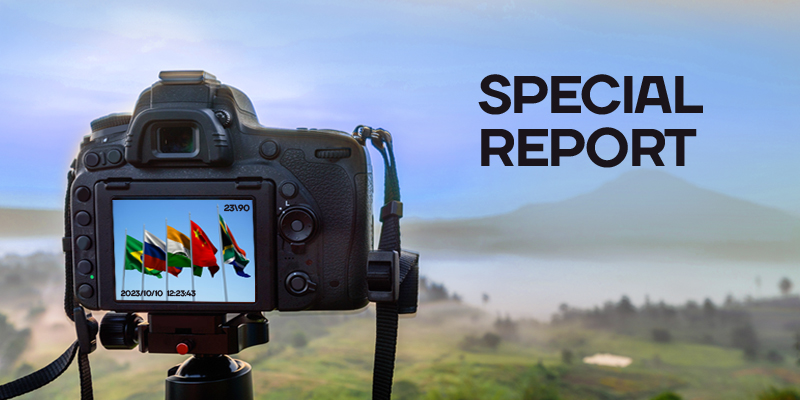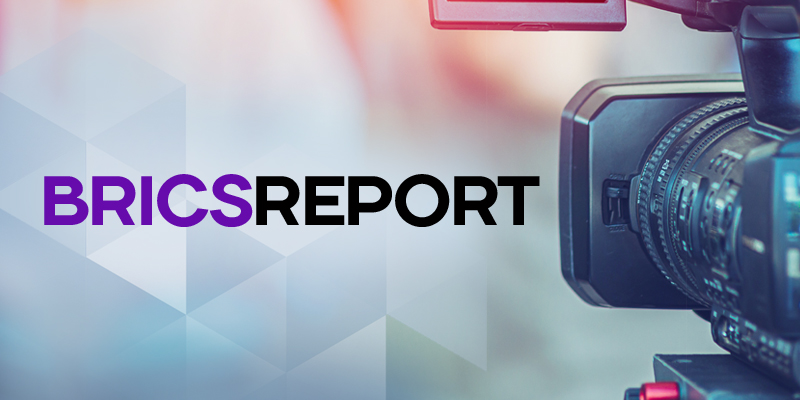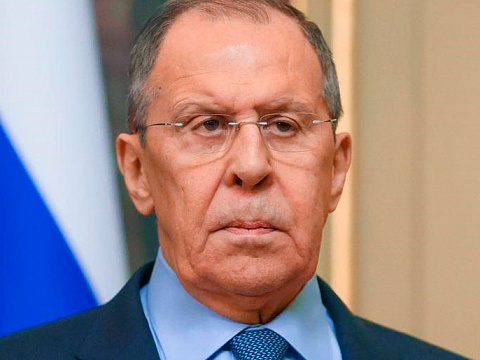The world of work cannot and should not look the same after this crisis
The COVID-19 pandemic has turned the world of work upside down.
Every worker, every business and every corner of the globe has been affected.
Hundreds of millions of jobs have been lost.
Those toiling in the informal economy — often without rights at work and social protection — are projected to have suffered a 60 percent decline in earnings in the first month of the crisis alone.
This crisis in the world of work is adding fuel to an already burning fire of discontent and anxiety.
Women have been especially hard hit — working in many of the most critically affected sectors, while also carrying the greatest burden of increasing levels of unpaid care work.
Young people, persons with disabilities, and so many others are facing tremendous difficulties.
Many small and medium-sized enterprises – the engine of the global economy – may not survive.
This crisis in the world of work is adding fuel to an already burning fire of discontent and anxiety.
Massive unemployment and loss of income from COVID-19 are further eroding social cohesion and destabilizing countries and regions— socially, politically and economically.
Yes, many companies and workers have adapted in innovative ways to the changing circumstances. For example, millions have moved overnight to working online, in many cases with surprising success.
But the most vulnerable are at risk of becoming ever more vulnerable, and poor countries and communities risk falling even further behind.
The pandemic exposed tremendous shortcomings, fragilities and fault lines.
We need action on three fronts:
First, immediate support for at-risk workers, enterprises, jobs and incomes to avoid closures, job losses and income decline.
Second, greater focus on both health and economic activity after lockdowns ease, with workplaces that are safe, and rights for women and populations at risk.
Third, we need to mobilize now for a human-centred, green and sustainable, inclusive recovery that harnesses the potential of new technologies to create decent jobs for all — and draws on the creative and positive ways companies and workers have adapted to these times.
There is a lot of talk about the need for a “new normal” after this crisis.
But let’s not forget that the pre-COVID-19 world was far from normal.
Rising inequalities, systemic gender discrimination, lack of opportunities for young people, stagnant wages, runaway climate change — none of these things were “normal”.
The pandemic exposed tremendous shortcomings, fragilities and fault lines.
The world of work cannot and should not look the same after this crisis.
It is time for a coordinated global, regional and national effort to create decent work for all as the foundation of a green, inclusive and resilient recovery. For example, a shift of taxation from payroll to carbon could help to go a long way in this direction.
With smart and timely action at all levels, and the 2030 Agenda for Sustainable Development as our guide, we can emerge from this crisis stronger, with better jobs and a brighter, more equal and greener future for all.
Every worker, every business and every corner of the globe has been affected.
Hundreds of millions of jobs have been lost.
Those toiling in the informal economy — often without rights at work and social protection — are projected to have suffered a 60 percent decline in earnings in the first month of the crisis alone.
This crisis in the world of work is adding fuel to an already burning fire of discontent and anxiety.
Women have been especially hard hit — working in many of the most critically affected sectors, while also carrying the greatest burden of increasing levels of unpaid care work.
Young people, persons with disabilities, and so many others are facing tremendous difficulties.
Many small and medium-sized enterprises – the engine of the global economy – may not survive.
This crisis in the world of work is adding fuel to an already burning fire of discontent and anxiety.
Massive unemployment and loss of income from COVID-19 are further eroding social cohesion and destabilizing countries and regions— socially, politically and economically.
Yes, many companies and workers have adapted in innovative ways to the changing circumstances. For example, millions have moved overnight to working online, in many cases with surprising success.
But the most vulnerable are at risk of becoming ever more vulnerable, and poor countries and communities risk falling even further behind.
The pandemic exposed tremendous shortcomings, fragilities and fault lines.
We need action on three fronts:
First, immediate support for at-risk workers, enterprises, jobs and incomes to avoid closures, job losses and income decline.
Second, greater focus on both health and economic activity after lockdowns ease, with workplaces that are safe, and rights for women and populations at risk.
Third, we need to mobilize now for a human-centred, green and sustainable, inclusive recovery that harnesses the potential of new technologies to create decent jobs for all — and draws on the creative and positive ways companies and workers have adapted to these times.
There is a lot of talk about the need for a “new normal” after this crisis.
But let’s not forget that the pre-COVID-19 world was far from normal.
Rising inequalities, systemic gender discrimination, lack of opportunities for young people, stagnant wages, runaway climate change — none of these things were “normal”.
The pandemic exposed tremendous shortcomings, fragilities and fault lines.
The world of work cannot and should not look the same after this crisis.
It is time for a coordinated global, regional and national effort to create decent work for all as the foundation of a green, inclusive and resilient recovery. For example, a shift of taxation from payroll to carbon could help to go a long way in this direction.
With smart and timely action at all levels, and the 2030 Agenda for Sustainable Development as our guide, we can emerge from this crisis stronger, with better jobs and a brighter, more equal and greener future for all.
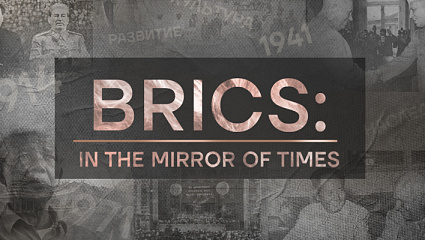
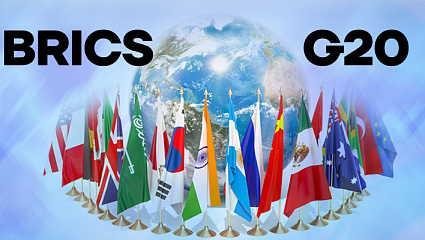





 DIGITAL WORLD
DIGITAL WORLD









